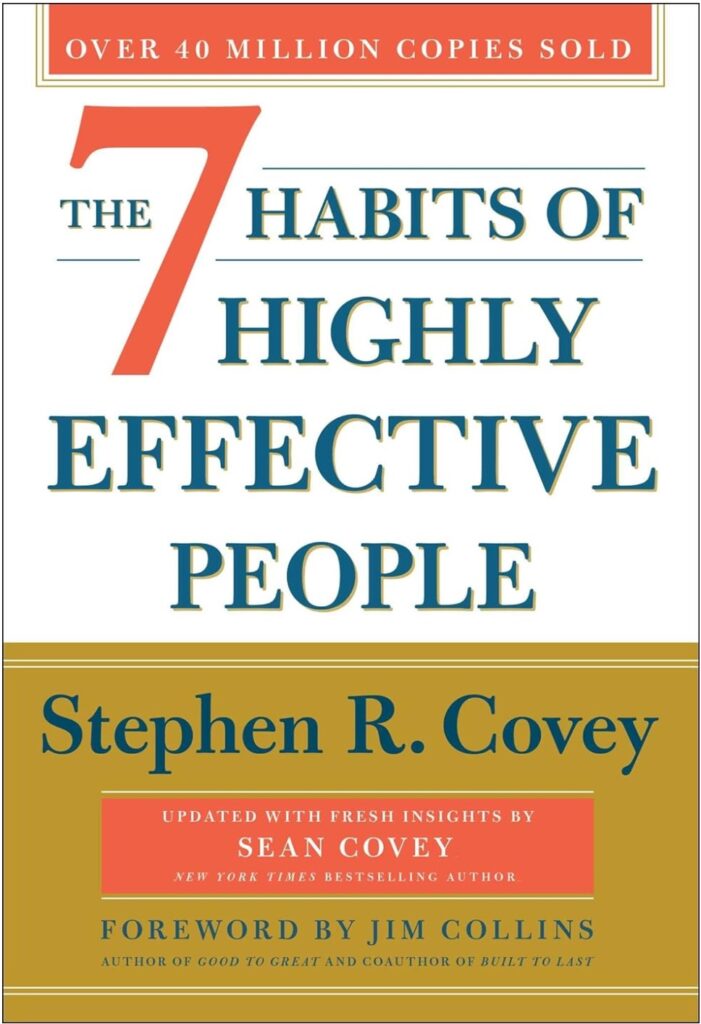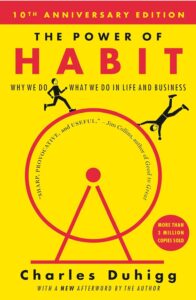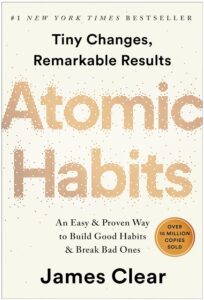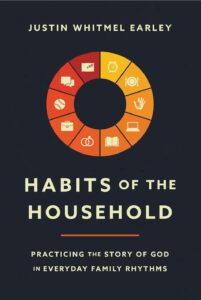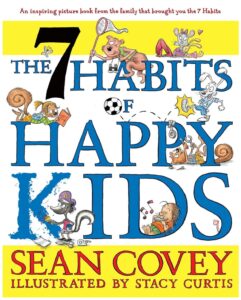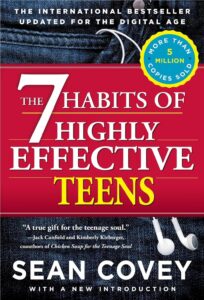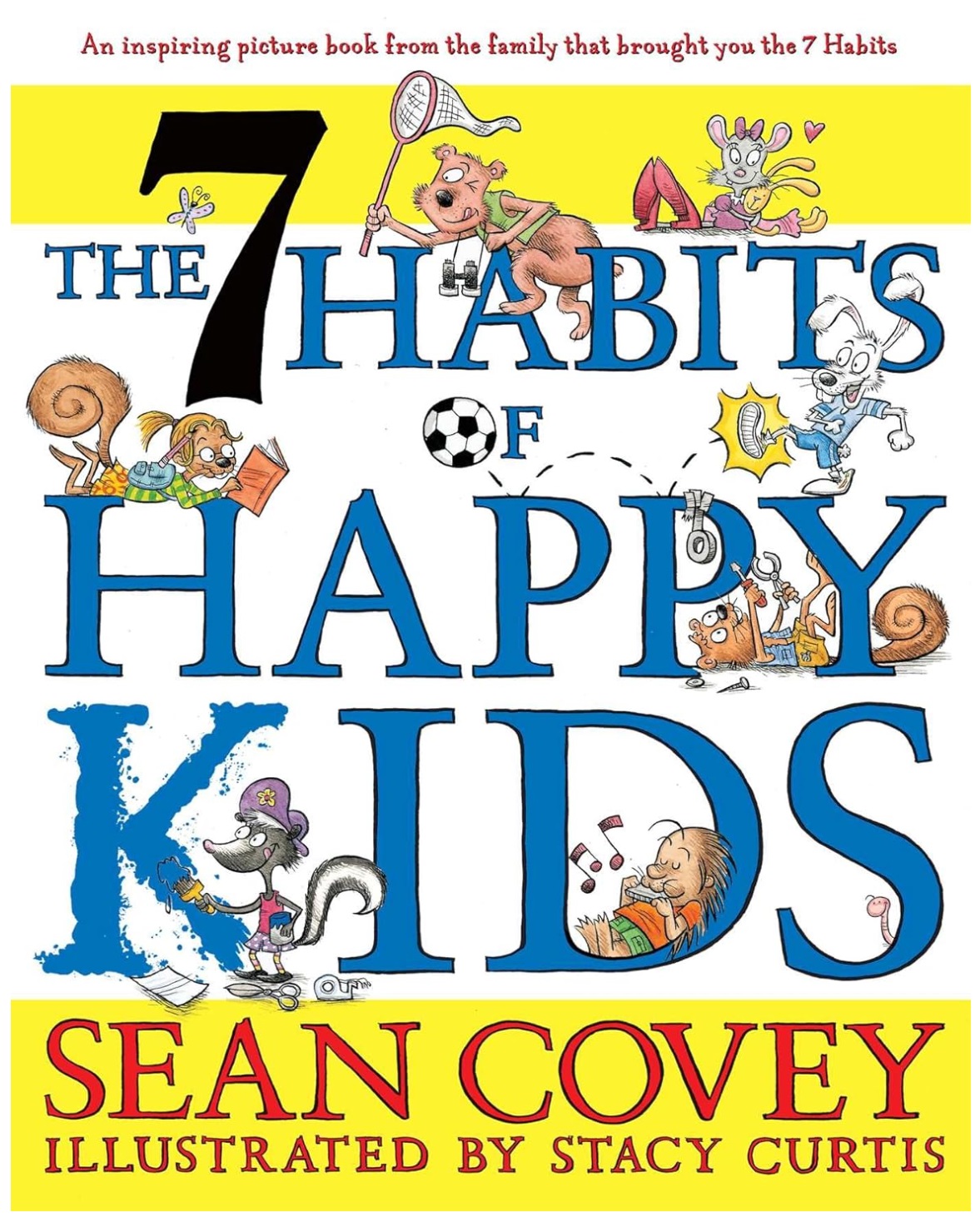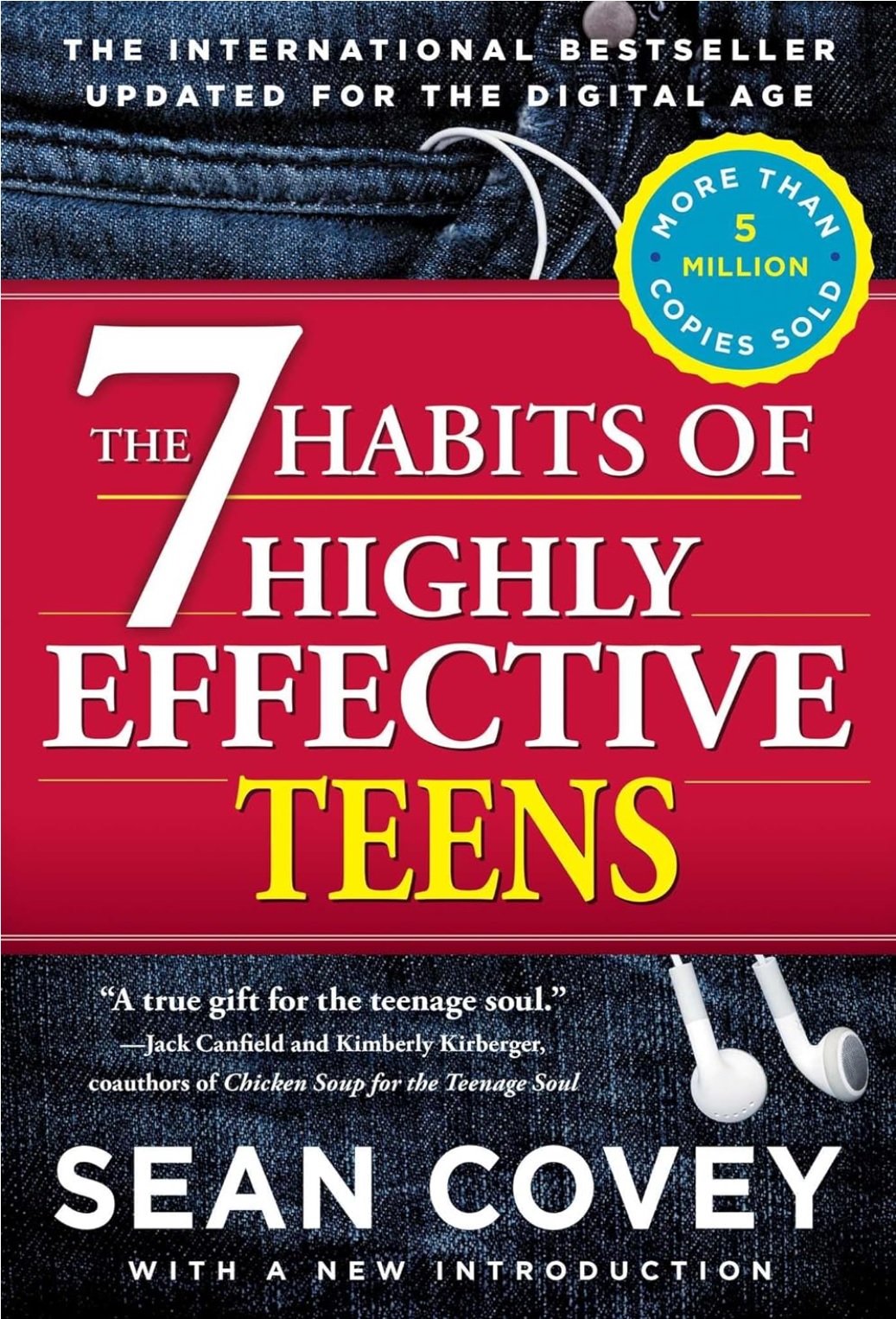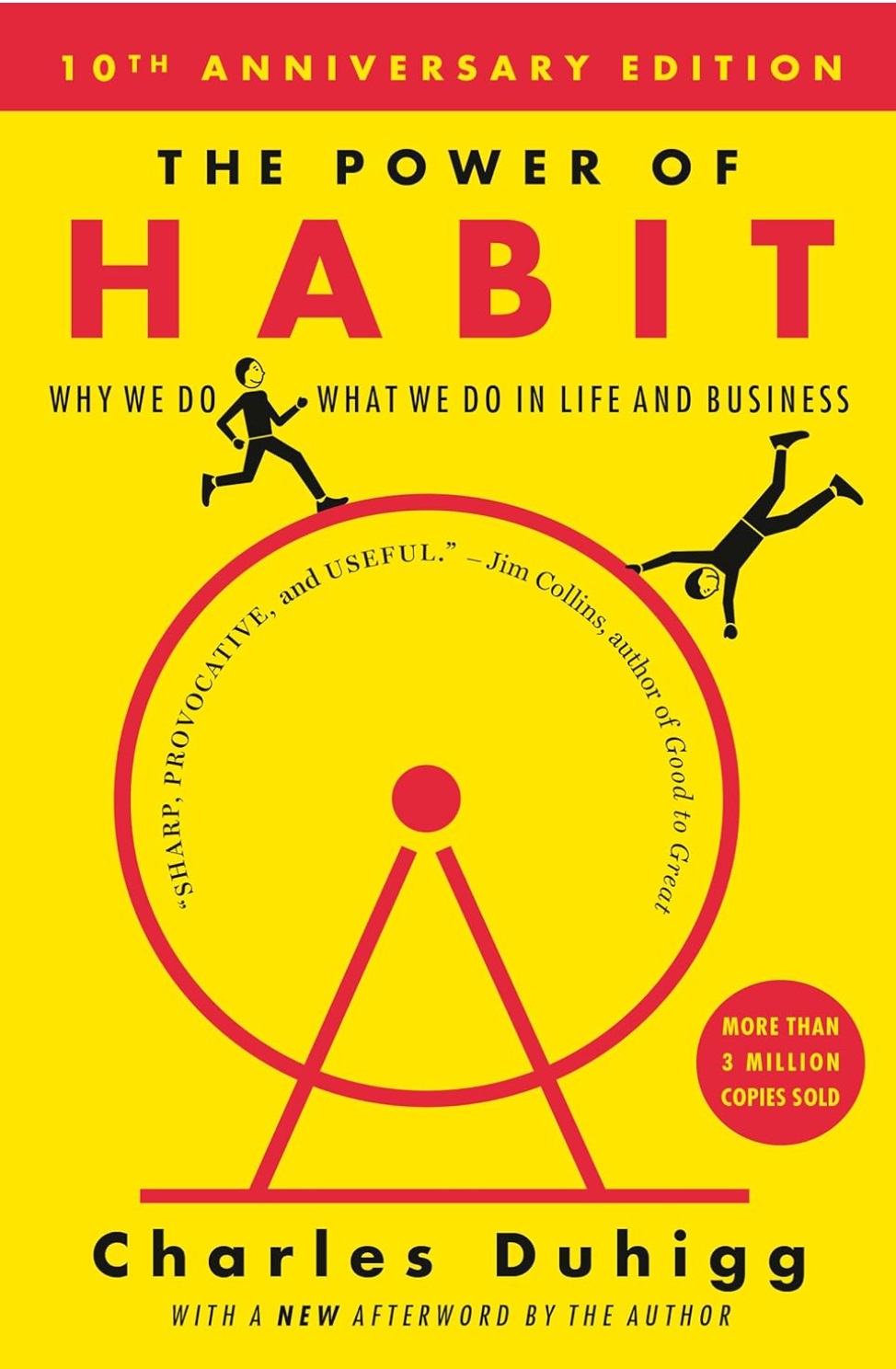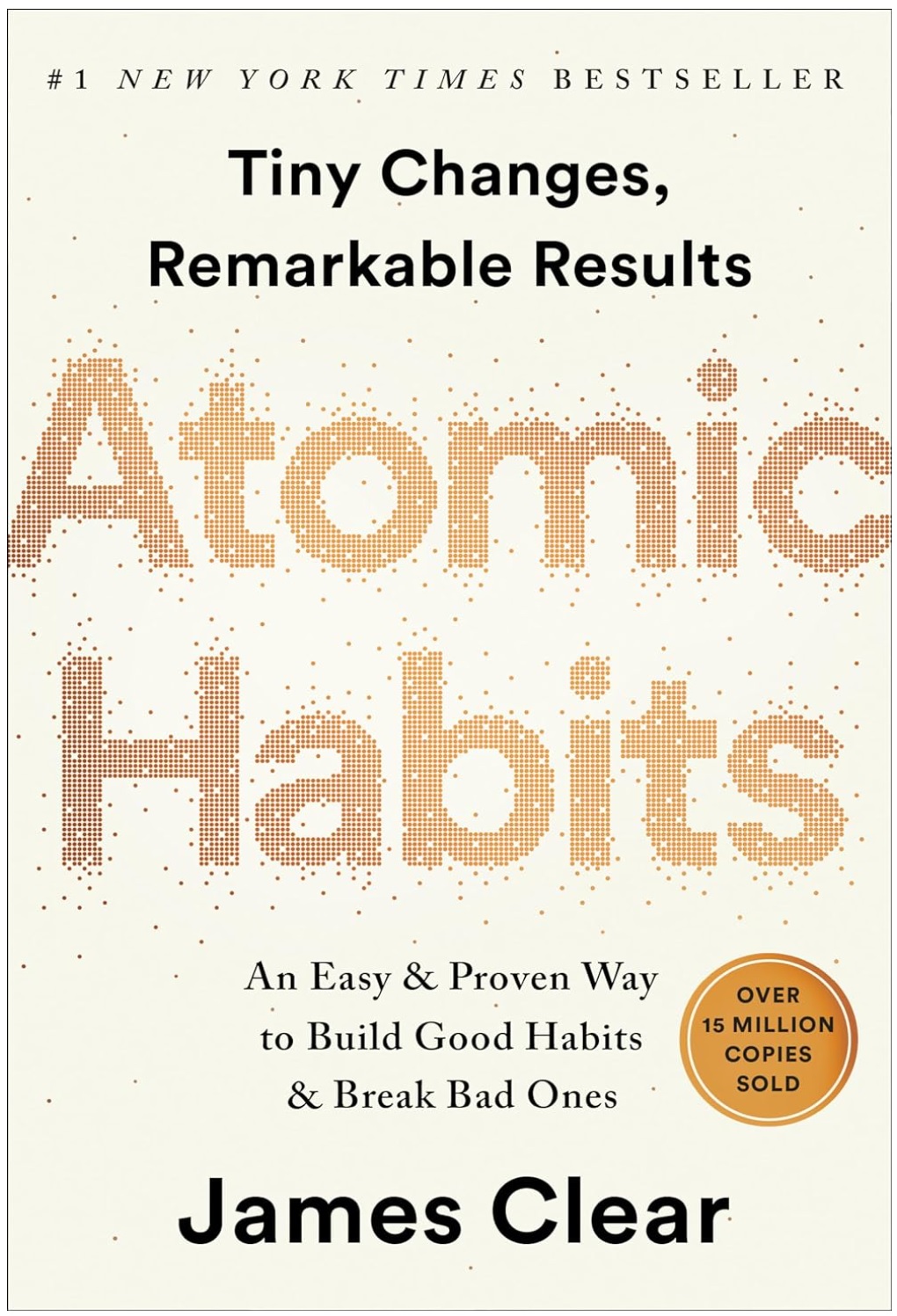The 7 Habits of Highly Effective People by Stephen R. Covey is a timeless guide to personal and professional success. This 30th Anniversary Edition refreshes Covey’s classic principles with contemporary insights, offering a pathway to effectiveness through seven transformative habits.
From personal responsibility to effective communication, this book provides the tools to elevate your life, enhance your relationships, and achieve lasting success
When I first picked up the 30th Anniversary Edition of The 7 Habits of Highly Effective People, I was curious about why this book has remained so popular over the decades.
What I found was a comprehensive guide that not only describes the habits of successful people but also provides a framework for living a more effective and fulfilling life.
Some truths are ever-lasting, and this book covers seven of them. They are as relevant now as they were when the book was first written.
Table of Contents
ToggleDiscovering the 7 Habits
The Inside-Out Approach
Covey’s approach is unique because it focuses on changing from the inside out. Instead of just offering quick-fix solutions or surface-level tips, he encourages deep, fundamental changes in our character and mindset.
This resonated with me because I had tried other self-help books that promised instant results, but they never really stuck.
Covey’s emphasis on principles and values made it clear that true effectiveness comes from within.
The Importance of Paradigms
A key concept in the book is the idea of paradigms, which are the ways we perceive the world.
Covey explains that our paradigms shape our behavior and that changing them can lead to significant shifts in our lives.
This was a game-changer for me because I realized that many of my habits and beliefs were based on outdated paradigms.
By shifting my perspective, I could open myself to new possibilities and opportunities.
Read real reviews about The 7 Habits of Highly Effective People on Amazon.
Exploring the Seven Habits
The core of the book is the seven habits themselves, each offering a specific principle to guide our behavior.
Covey organizes them into a progression, starting with personal habits and moving toward interpersonal habits.
This structure helped me understand how the habits build on each other, creating a pathway to greater effectiveness.
Habits 1-3: Private Victory
The first three habits focus on what Covey calls “private victory,” which involves mastering yourself before you can effectively work with others.
Habit 1: “Be Proactive,” emphasizes taking responsibility for your actions and responses. This was a turning point for me, as I often blamed external factors for my problems. Realizing that I had the power to choose my response to any situation was liberating.
Habit 2: “Begin with the End in Mind,” is about setting clear goals and having a vision for your life. Covey encourages creating a personal mission statement, which I found incredibly useful. It helped me clarify my values and align my actions with my long-term goals.
Habit 3: “Put First Things First,” focuses on time management and prioritizing what’s truly important. This habit made me rethink my daily routines, encouraging me to focus on activities that aligned with my goals rather than just reacting to urgent tasks.
Habits 4-7: Public Victory
The next four habits are about achieving “public victory,” which involves effective relationships and teamwork.
Habit 4: “Think Win-Win,” emphasizes seeking mutually beneficial solutions in interactions with others. This habit was a game-changer for my personal and professional relationships. I started looking for win-win outcomes instead of competing or compromising, which improved my connections with others.
Habit 5: “Seek First to Understand, Then to Be Understood,” is about empathetic listening. Covey’s emphasis on truly listening to others before expressing your own views helped me build deeper connections. I realized I often jumped to conclusions or interrupted people, but this habit encouraged me to be patient and attentive.
Habit 6: “Synergize,” is about teamwork and collaboration. Covey shows that by valuing different perspectives and working together, we can achieve more than we could alone. This habit inspired me to approach teamwork with a more open mind, appreciating the unique contributions of others.
Habit 7: “Sharpen the Saw,” is about self-renewal. Covey highlights the importance of continuous growth in physical, mental, emotional, and spiritual aspects. This habit reminded me that self-care is essential for long-term effectiveness.
Applying the 7 Habits in Daily Life
After reading “The 7 Habits of Highly Effective People,” I was excited to apply the lessons in my daily life. Covey’s practical approach and structured framework made it easy to integrate the habits into my routines. The book’s clear explanations and real-life examples helped me understand how the habits could transform my behavior and relationships.
Using the Habits for Personal Growth
The first three habits—Be Proactive, Begin with the End in Mind, and Put First Things First—became foundational in my personal growth journey.
I started by being more proactive, taking responsibility for my choices, and focusing on solutions instead of problems. The concept of beginning with the end in mind encouraged me to set clear goals and create a personal mission statement, which guided my daily decisions.
Prioritizing important tasks over urgent ones helped me focus on what truly mattered, leading to increased productivity and a greater sense of purpose.
Building Better Relationships with the Habits
The next four habits—Think Win-Win, Seek First to Understand, Synergize, and Sharpen the Saw—helped me improve my relationships with others.
Thinking win-win encouraged me to seek mutually beneficial outcomes, fostering better teamwork and collaboration. Practicing empathetic listening through seeking first to understand transformed my communication style, allowing me to connect with people on a deeper level.
Synergizing with others showed me the power of collaboration and diversity of thought, leading to more innovative solutions.
Finally, sharpening the saw reminded me to take time for self-renewal, ensuring I had the energy and clarity to maintain my effectiveness over time.
Final Thoughts
The 7 Habits of Highly Effective People by Stephen R. Covey is a comprehensive guide to personal and professional effectiveness. The book’s emphasis on principles, values, and character-based habits provides a solid foundation for lasting change.
What I appreciated most about the 30th Anniversary Edition is its timeless relevance—the principles it outlines are as applicable today as they were when the book was first published.
If you’re looking to transform your life, improve your relationships, and achieve greater success, I highly recommend this book.
Covey’s insights into human behavior and his practical advice make The 7 Habits of Highly Effective People an invaluable resource.
The book has had a profound impact on my life, and I believe it can do the same for you. By embracing the seven habits, you can unlock your potential and create a path toward a more fulfilling and effective life.
Learn more about The 7 Habits of Highly Effective People on Amazon.

